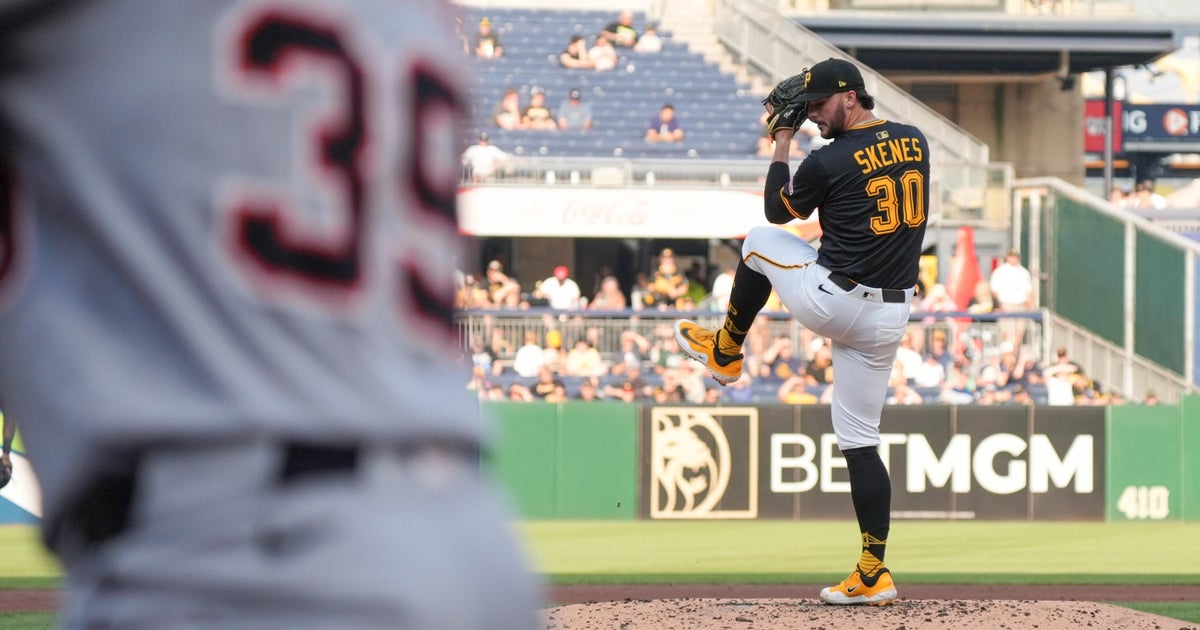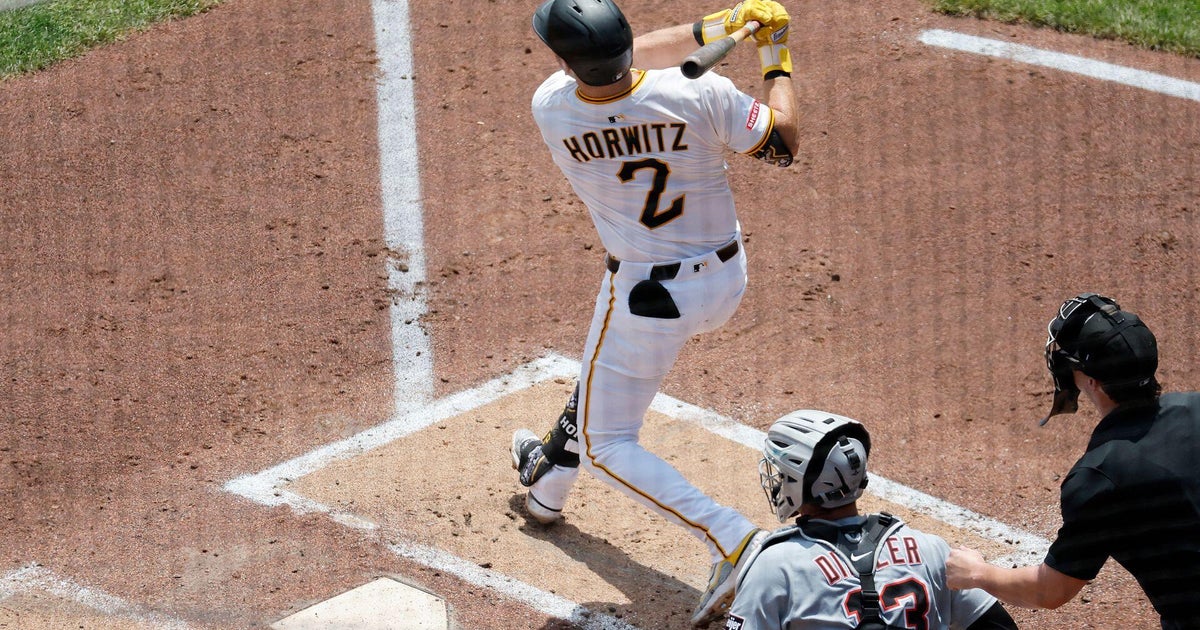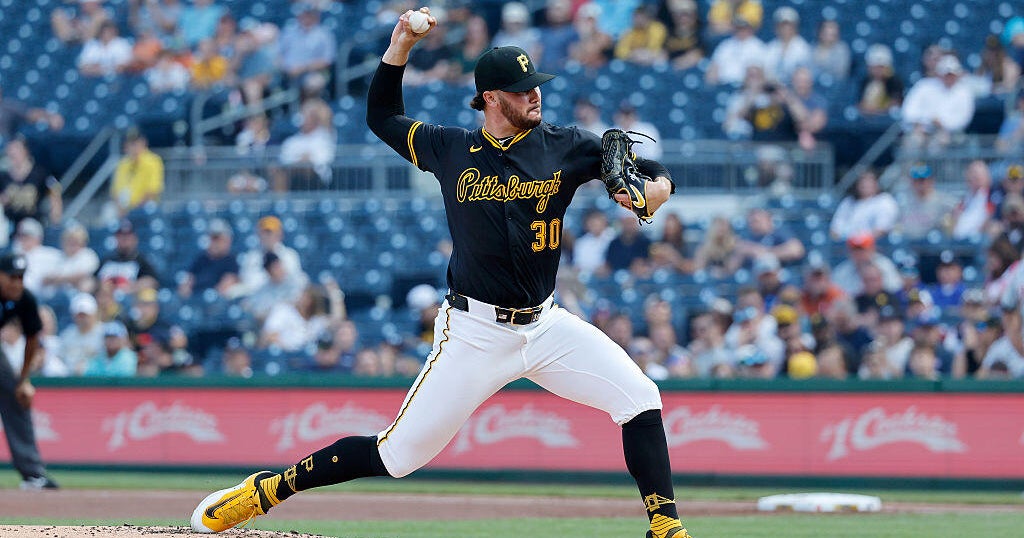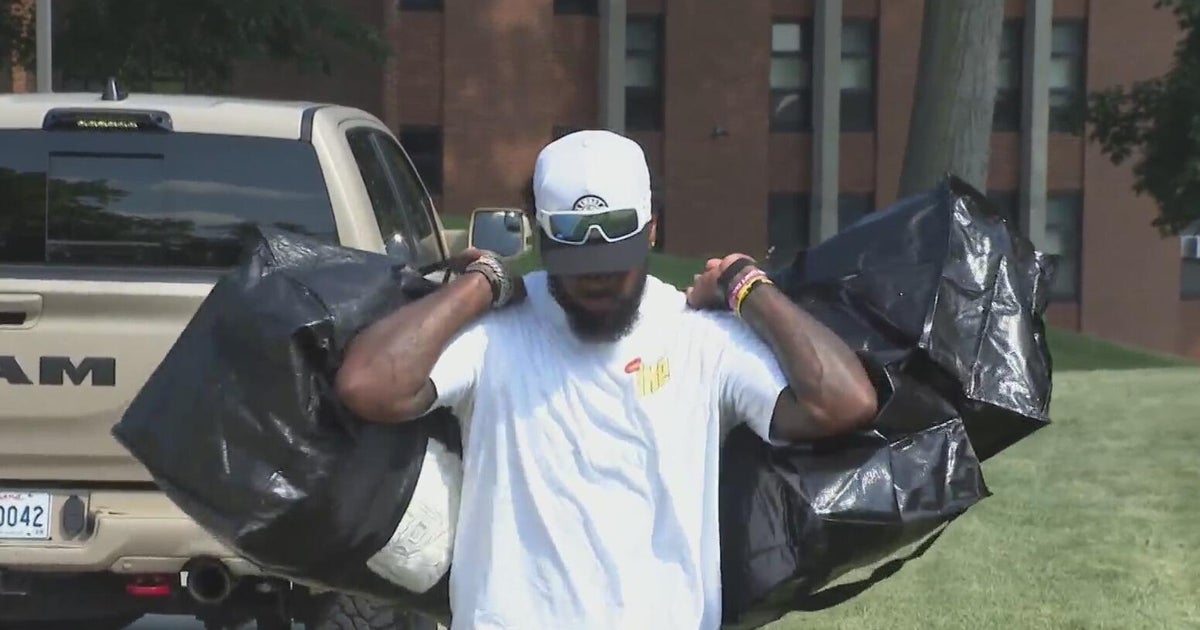Colin Dunlap: MLB Replay Has Glaring Flaws
Last week, expanded replay was approved by Major League Baseball owners and is set to begin this coming season.
The players approve.
The umpires approve.
So it is happening.
I hold the opinion that I'm for an all-or-nothing system: Either let humans judge the game with no replay or go to full automation, where computers, machines, robots and the sort govern the on-field product.
But this is what baseball has settled on --- a meeting of something in the middle; and it has, just giving it a cursory glance, some obvious flaws.
A manager gets one challenge through the first six innings. If he uses it and the call gets overturned --- that is to say, changed his way --- he gets another.
But the limit is two.
After the sixth inning, umpires initiate the challenges.
There are a couple of positively flawed elements to this format.
First, what if the umpires blow, say, three calls to the detriment of one team in the first six innings? What if they miss four? Five?
Why should a manager have to mitigate in his mind one wrong that he just saw thinking there might be a bigger one in the first six innings and, thus, not use a challenge?
Wrong is wrong and the perception is that baseball is trying to get things right.
Isn't that why they are instituting this expanded replay?
On top of that, if umpires have the discretion to look at a replay in innings 7-9, Major League Baseball is sending a clear and concise message --- to me at least --- that those innings are of greater value than the first six.
Why?
Have you ever been to a baseball game decided in the first six innings on a very important play? I know I have. What if that very important play happens with two outs in the sixth and a manager is out of challenges?
If that same play happens a few batters later, it is something the umpires would look at, whether the manager still has challenges or not. This is painfully inequitable.
But it isn't the only case.
Of the reviewable plays in the new structure, whether or not a ball was caught or trapped in the outfield is one of them.
OK --- but why not one in the infield?
The situation is simple to see: Tying --- or go-ahead --- run on third, two outs, sinking laser-beam smoked in the hole as the shortstop makes a backhanded dive to catch it. The shortstop knows he caught it. Television replays show he caught it. We all know he caught it. Except the call on the field was a trap.
Everyone safe.
Run scores.
Game changed.
But if that same play happens in the outfield, it is reviewable. Why?
The same goes for fair and foul balls in this replay structure. Under the system implemented, only those in the outfield are subject to review.
Again, this is unbalanced and doesn't give the perception, but rather out-and-out states, that the value of a fair/foul call the first 90 feet of that baseball diamond (in the infield) isn't as important as one from the back of the bag to the wall.
Why?
Can a game not turn on a blown fair/foul call on the infield? Certainly it can. You know it, I know it, we all know it.
To limit reviews on fair/foul calls to the outfield only is inexplicable.
Another aspect of the newfangled replay system seems piece milled into the game much too conveniently, without baseball having a deep care whether they ultimately get the call correct.
Every force play can be reviewed --- except the "neighborhood play" wherein the fielder touches second base as he turns a double-play.
Such a play came under heavy debate last season in Game 4 of the ALCS when Stephen Drew of the Red Sox was clearly long off the bag against the Tigers in the second inning, yet an out was still called.
Owners and players will cite player safety as the reason for allowing such a play to continue within the game and not be under the scrutiny of replay, but isn't this in direct conflict with what is being asked of the umpires?
In short, the neighborhood play allows the middle infielder to "just get close" and cheat a little bit, but umpires have been subjected to having their decisions overturned and are made to perform under a replay system because perfection is expected from them.
It is, again, inequitable.
If you want to give baseball rousing applause for the new replay structure, that's your right. Certainly it appears the highest powers within the game feel as if they need to improve decisions being made on the playing surface.
The enhancements they have settled on, however, are far from perfect.
Colin Dunlap is a featured columnist at CBSPittsburgh.com. He can also be heard weeknights from 10 p.m. to 2 a.m. on Sports Radio 93-7 "The Fan." You can e-mail him at colin.dunlap@cbsradio.com. Check out his bio here.



